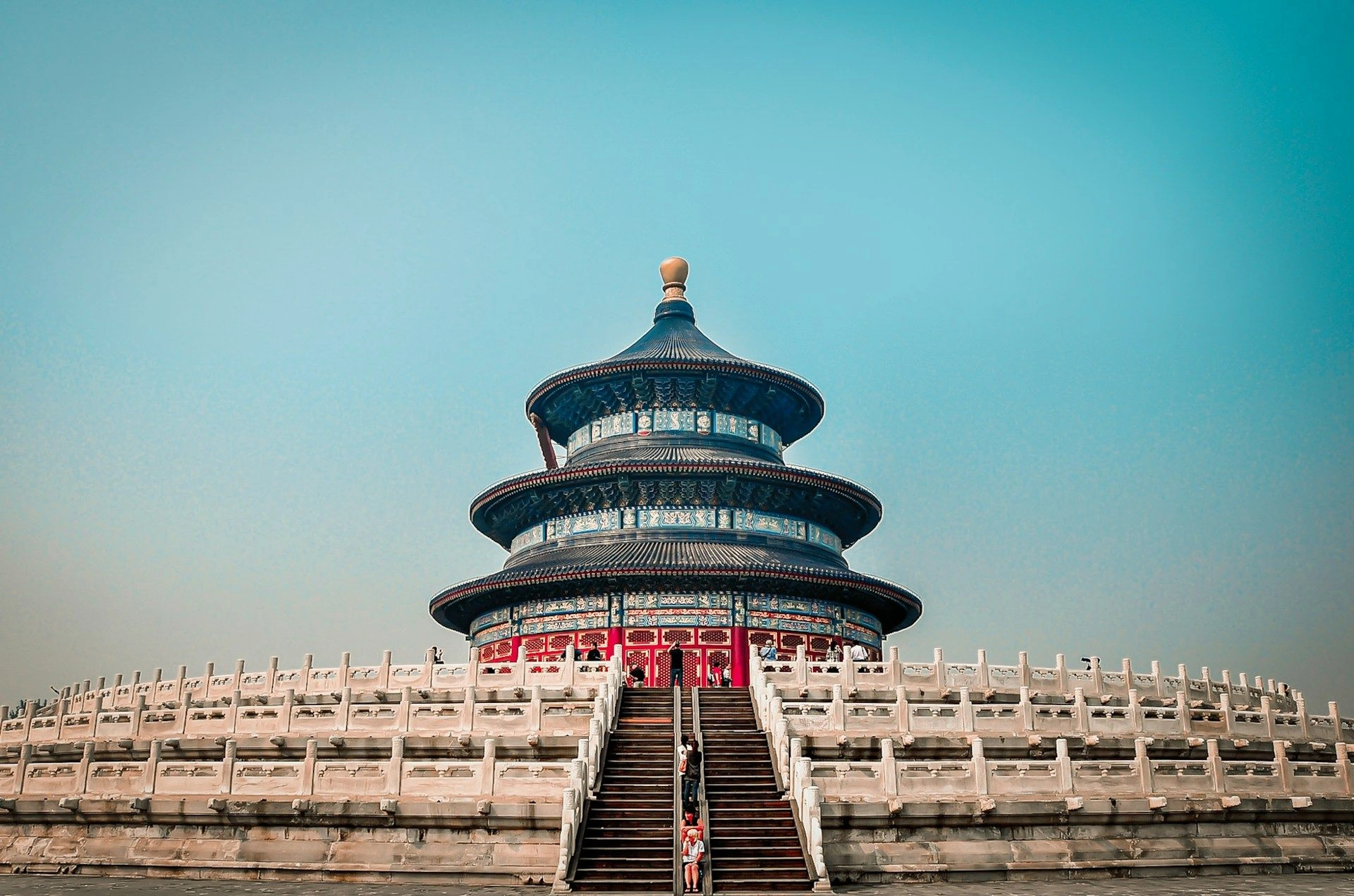Verified Investment Listings in BeijingImperial gates, wide roadsand quiet courtyards

Best offers
in Beijing
Benefits of investment in
China real estate

Guide for real estate
investors in China
read here
Global attention on tier-1 cities
Beijing, Shanghai, and Shenzhen remain magnets for innovation, growth, and high-value real estate.
Continuous infrastructure development
Smart city projects and urban upgrades boost long-term value across key zones.
Premium properties with strategic access
Opportunities in business districts offer ownership formats tailored to international investors.
Global attention on tier-1 cities
Beijing, Shanghai, and Shenzhen remain magnets for innovation, growth, and high-value real estate.
Continuous infrastructure development
Smart city projects and urban upgrades boost long-term value across key zones.
Premium properties with strategic access
Opportunities in business districts offer ownership formats tailored to international investors.
Property highlights
in China, Beijing from our specialists
Found: 0

Useful articles
and recommendations from experts
Real Estate in Beijing, China
Why Invest in Property in Beijing
Beijing, China’s capital and political heart, is also a top-tier real estate market known for its stability, prestige, and strategic value. As the administrative center of the world's second-largest economy, Beijing attracts diplomats, multinational corporations, entrepreneurs, and elite academic institutions. It is one of the most regulated and expensive markets in Asia, yet it remains attractive for long-term investors seeking asset preservation, urban appreciation, and access to a strong rental base — including government officials, expats, and affluent locals.
Types of Property Available
Real estate in Beijing includes a wide variety of property types:
- Luxury high-rise apartments — In Chaoyang and Dongcheng, offering river or skyline views with top-tier amenities.
- Traditional courtyard homes (siheyuan) — Located in historic neighborhoods like Xicheng and Dongcheng, highly valued for cultural and architectural significance.
- Mid-level apartments — In Haidian, Fengtai, and Changping districts, popular with middle-income families and students.
- Commercial offices — Grade A and B office buildings in Chaoyang, CBD, and Zhongguancun technology zone.
- Retail property — Located in central shopping districts such as Sanlitun, Wangfujing, and Xidan.
- Industrial and tech parks — Found in the outskirts (Yizhuang, Daxing) near free trade and innovation zones.
Ownership and Legal Framework
Foreign ownership in Beijing is tightly regulated:
- Residential property — Foreigners can purchase one property for personal use after residing in China for at least 12 months for work or study.
- Commercial property — May be acquired by foreign-invested enterprises or joint ventures registered in China.
- Land rights — Buyers acquire land-use rights, not land ownership. Residential rights typically last 70 years, commercial 50, and industrial 40 years.
- Required documentation — Valid visa, residency proof, tax ID, bank approvals (for loans), and government registration through the Housing Bureau.
- Taxation — Includes deed tax (3–5%), property maintenance fees, VAT (for new builds), and capital gains tax (20% on profit for individual sellers).
- Mortgage access — Foreigners must make larger down payments (typically 40–50%) and provide additional documentation compared to locals.
Property Prices and Market Trends
Beijing is among the most expensive real estate markets in China:
- High-end apartments (CBD, Chaoyang): ¥90,000 – ¥150,000 per m² (~$12,500 – $21,000)
- Traditional siheyuan homes: ¥120,000 – ¥300,000+ per m² depending on preservation and location
- Mid-tier apartments (Haidian, Fengtai): ¥50,000 – ¥80,000 per m²
- Office space (Zhongguancun, CBD): ¥60,000 – ¥120,000 per m²
- Retail properties (Wangfujing, Sanlitun): ¥100,000 – ¥250,000 per m²
- Luxury apartments: 1.5%–3%, with limited but stable rental demand from expats and executives
- Mid-tier apartments: 3%–5%, higher near universities and business parks
- Commercial/office properties: 5%–7% depending on tenant profile and district
Top Investment Areas in Beijing
Each district offers distinct real estate advantages:
- Chaoyang — Beijing’s business and diplomatic district; home to embassies, global firms, and premium condos.
- Dongcheng and Xicheng — Central districts with historical siheyuan, cultural landmarks, and rare inventory.
- Haidian — Academic and tech center with strong demand from students and professionals (near Tsinghua and Peking universities).
- Fengtai — Rapidly urbanizing zone with new metro lines, infrastructure projects, and residential demand.
- Daxing and Yizhuang — Industrial-tech corridors and Beijing’s new airport zone; ideal for commercial and logistics real estate.
Buyer Profiles and Investment Strategies
Investors in Beijing’s property market typically include:
- Local high-net-worth individuals — Acquiring rare courtyard homes or central apartments for legacy wealth.
- Expats and diplomats — Purchasing personal-use apartments in embassy areas or near international schools.
- Foreign-invested firms — Investing in commercial and mixed-use office spaces to support operations.
- Buy-and-hold investors — Acquiring properties in new growth districts for gradual appreciation.
- Developers — Operating under strict approval rules in urban redevelopment and historic preservation areas.
Risks and Considerations
Beijing’s real estate market is governed by strict oversight:
- Purchase limits — Locals and foreigners are restricted in number of properties and types they can purchase.
- Tax and currency control — Repatriating funds from property sales or rental income requires foreign exchange approval.
- Market cooling measures — The government frequently adjusts lending rates, down payment ratios, and resale conditions.
- Regulatory compliance — Zoning, heritage protection, and neighborhood redevelopment policies affect what can be built or renovated.
- Language/legal complexity — Professional support is essential for contract reviews, title verification, and negotiation.
Conclusion: Who Should Invest in Beijing
Beijing offers stability, prestige, and secure long-term value in the heart of China’s political and cultural system. While it is not a short-term speculative market, Beijing is ideal for institutional investors, global companies, diplomats, and wealthy individuals seeking a low-risk, high-security asset in Asia. With limited inventory, strong governance, and timeless cultural appeal, Beijing remains one of the most resilient and desirable property markets in the region.